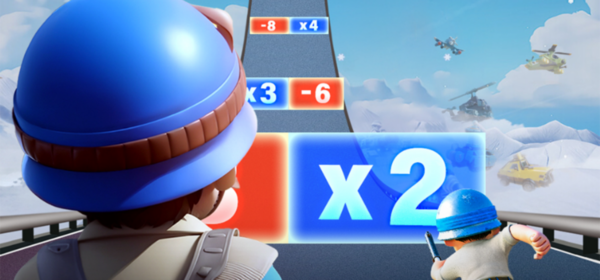The in-game communication service used by the authors of Fortnite and Paladins was made free for indie
The Vivox in-game communication service, which is used by the developers of League of Legends, Fortnite, Paladins and Rainbow Six Siege, has become free for small projects.
What kind of service?
Vivox is a cross—platform SDK. It allows developers not to write their own solutions concerning the communication of players inside games. It’s about both voice communication and text correspondence.
SDK authors are especially proud of the “three-dimensional sound” technology. It was also implemented in PlayerUnknown’s Battlegrounds. Its essence is that depending on the location of the characters in the game, they hear each other differently.
For example, if the interlocutor’s character is a couple of steps away from the player’s character, then, firstly, the interlocutor’s voice sounds as if he is not far away, and it comes from the side from which the character is in the game. The conditions where the interlocutor is located are also taken into account. It is assumed that the player can hear the sounds of the environment of the person with whom he communicates.
What happened?
Previously, the solution was available under custom conditions only to AAA teams, who also could not think about servers for user communication, since they were taken over by Vixon.
Now the management of the service has decided to increase its customer base and launched a separate plan. It is designed for small teams with small projects. The plan is called “Free”.
According to its terms, if the project has less than five thousand one-time players (according to Vixon calculations, this is about 100 thousand players per month), then it can use the service’s capabilities for free. However, in this case, you should not rely on dedicated servers and round-the-clock support service.
The Vivox solution can be integrated under custom engines, there is support for Unreal Engine and Unity. Out of the box, the SDK also supports almost all modern gaming platforms, including mobile, but not the Nintendo Switch.
Source: VentureBeat
